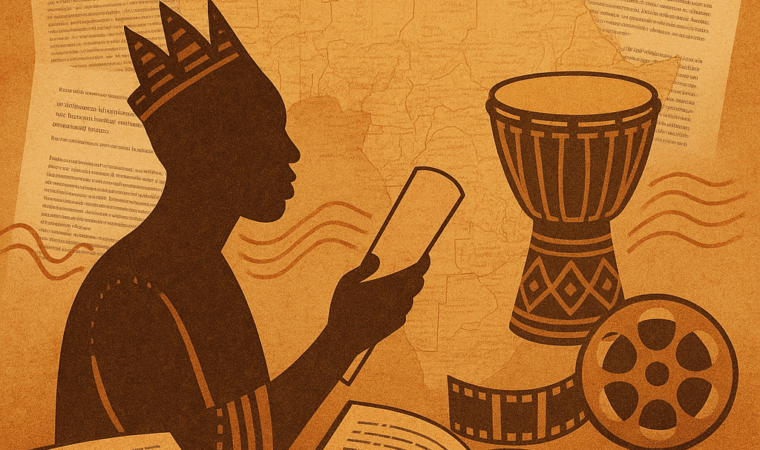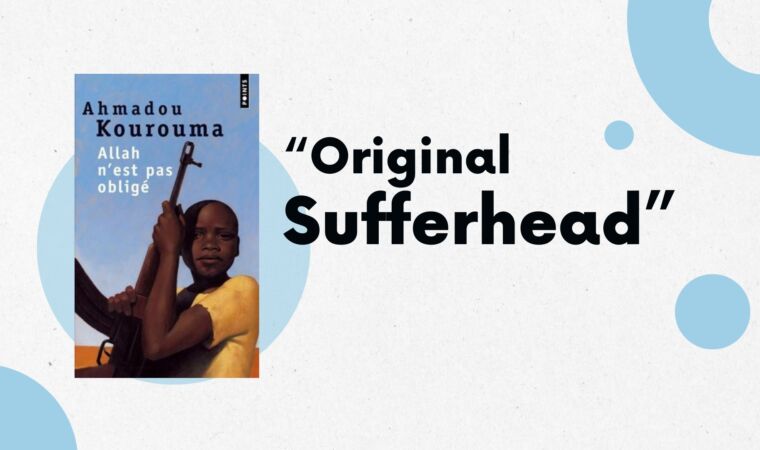Book Reviews
Jemiluyi, Omotayo. 2025. [Book Review] “The State, Ethnicity, and Gender in Africa: Intellectual Legacies of Crawford Young: By Scott Straus and Aili Mari Tripp (eds.), Madison, The University of Wisconsin Press. 307 pp,” African Studies Quarterly 23 (2): 106–107. https://journals.flvc.org/ASQ/article/view/139242
Jemiluyi, Omotayo. 2025. [Book Review] “Beyond Death and Jail: Anti-Blackness, Black Masculinity, and the Demonic Imagination: By Ronald B. Neal, Lanham, Maryland, Lexington Books/Fortress Academic, 2024, 191 Pp., $100 (Hardback), ISBN 978-1-4985-7272-9.” African and Black Diaspora: An International Journal 15 (1): 74–76. https://doi.org/10.1080/17528631.2025.2526287
Articles
Jemiluyi, Omotayo. 2025. “Nigerian Diasporic Masculinities: Definitions, Perceptions, and Evolutions.” Journal of International Migration and Integration, 1–19. https://doi.org/10.1007/s12134-025-01289-3
Jemiluyi, Omotayo. 2025. “From Naija to the States: Stereotypes and Resistance of the Nigerian Man in America.” Howard Journal of Communications, 1–23. https://doi.org/10.1080/10646175.2025.2525258
Jemiluyi, Omotayo. 2025. “Performing Toxic Womanhood: Patriarchy, Infidelity, and the ‘Good Woman’ Trope in Yoruba Nollywood.” Women’s Studies, 1–17. https://doi.org/10.1080/00497878.2025.2520324
Jemiluyi, Omotayo. 2025. “Being African, Staying African: Constructing and Preserving African Masculinities among Nigerian Men in the United States.” National Identities, 1–20. https://doi.org/10.1080/14608944.2025.2514044
Jemiluyi, Omotayo. 2025. “Resisting Neocolonial Chains: African Emancipation in Brymo’s ‘Illusions.’” Muziki 21 (2): 70–86. https://doi.org/10.1080/18125980.2025.2488850
Jemiluyi, Omotayo. 2025. “Àjẹ́kùnrin: Witchcraft, Gender Politics, and Gender Nonconformity in Yoruba Spirituality.” Journal for Cultural Research, 1–16. https://doi.org/10.1080/14797585.2025.2471789
Jemiluyi, Omotayo. 2025. “‘Original Sufferhead’: The Boy-Child and Masculine Sufferings in Ahmadou Kourouma’s Allah n’est pas obligé and Les Soleils des Indépendances.” French Cultural Studies 36 (1): 61–78. https://doi.org/10.1177/09571558241262682
Jemiluyi, Omotayo. 2024. “The Influence of Tiken Jah Fakoly’s Reggae Music in Post-Independence Côte d’Ivoire.” African Studies Quarterly 22 (3): 26–39. https://doi.org/10.32473/asq.22.3.137479



